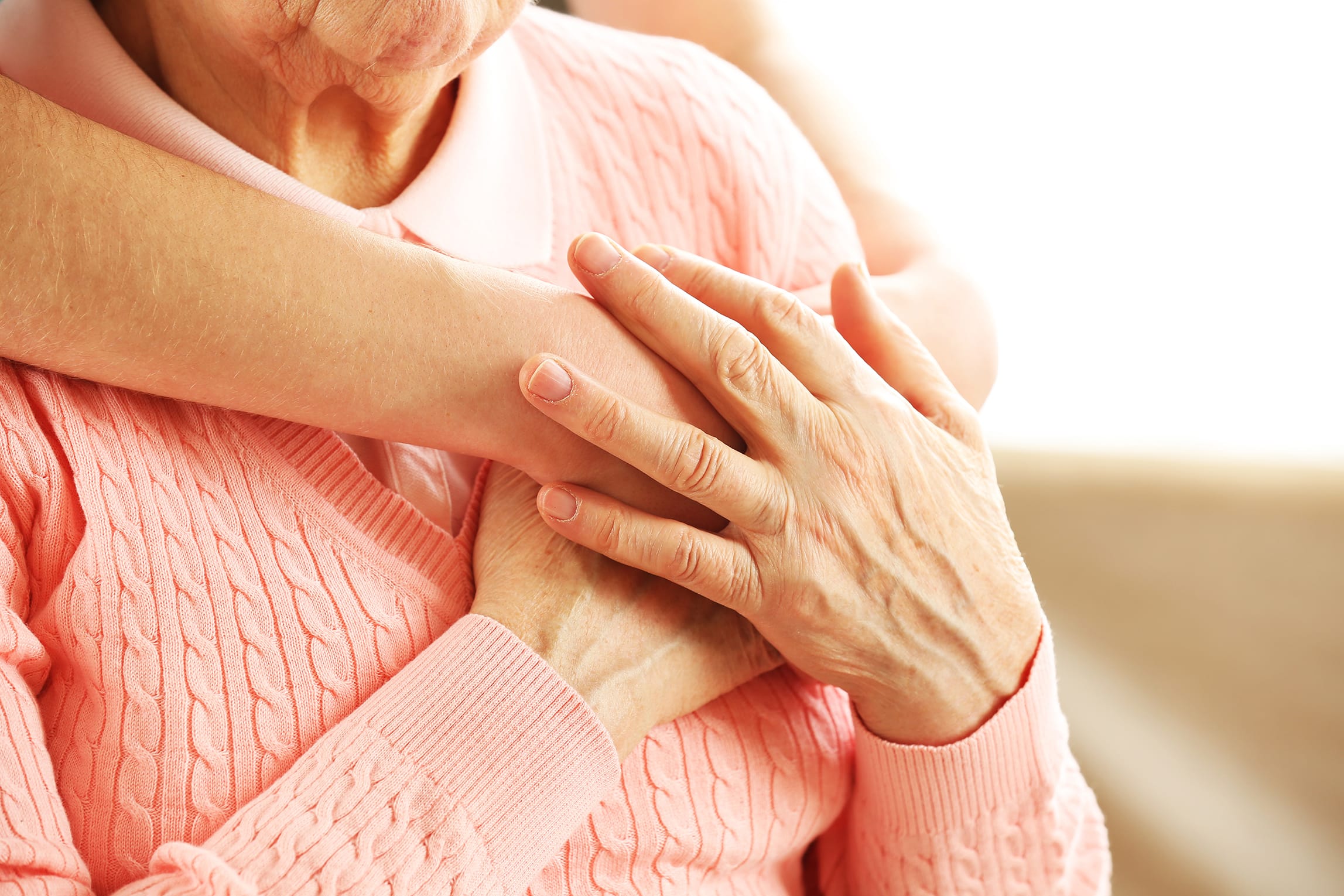Those engaging in more frequent interpersonal touch have been found to enjoy better physical and psychological health as well as improved relationships. Interpersonal touch is theorized to provide benefits to an individuals well being via helping to buffer against the deleterious consequences of psychological stress and interpersonal conflict. Hugs may be an effective buffer, possibility of this holds important implications for health and well being as conflicts with others are associated with a wide range of deleterious physical and psychological outcomes. Research on touch is limited due to previous studies focusing largely on roles of touch in romantic relationships.
Hugs used as a relatively common support behavior individuals engage in with a range of partners was the focus of this study, involving 404 participants who were interviewed every night for 14 consecutive days in regards to their conflicts, hug receipt, and moods. Receiving a hug on the day of a conflict was associated with smaller increases in negative emotions and smaller decreases in positive, effects of hugs lingered as subjects reported continued attenuation of negative moods the next day.
Hypothesis of hugs buffering against deleterious changes in affect associated with experiencing interpersonal conflict is supported by the findings; however additional research is required to determine possible mechanisms. Large sample findings suggests that hugs may be a simple, free, and effective method of providing support to those experiencing interpersonal distress. This work is still in early stages; questions remain on when, how, and for whom hugs are most helpful, early findings are suggestive that consensual hugs may be useful for showing support to somebody enduring relationship conflict.




